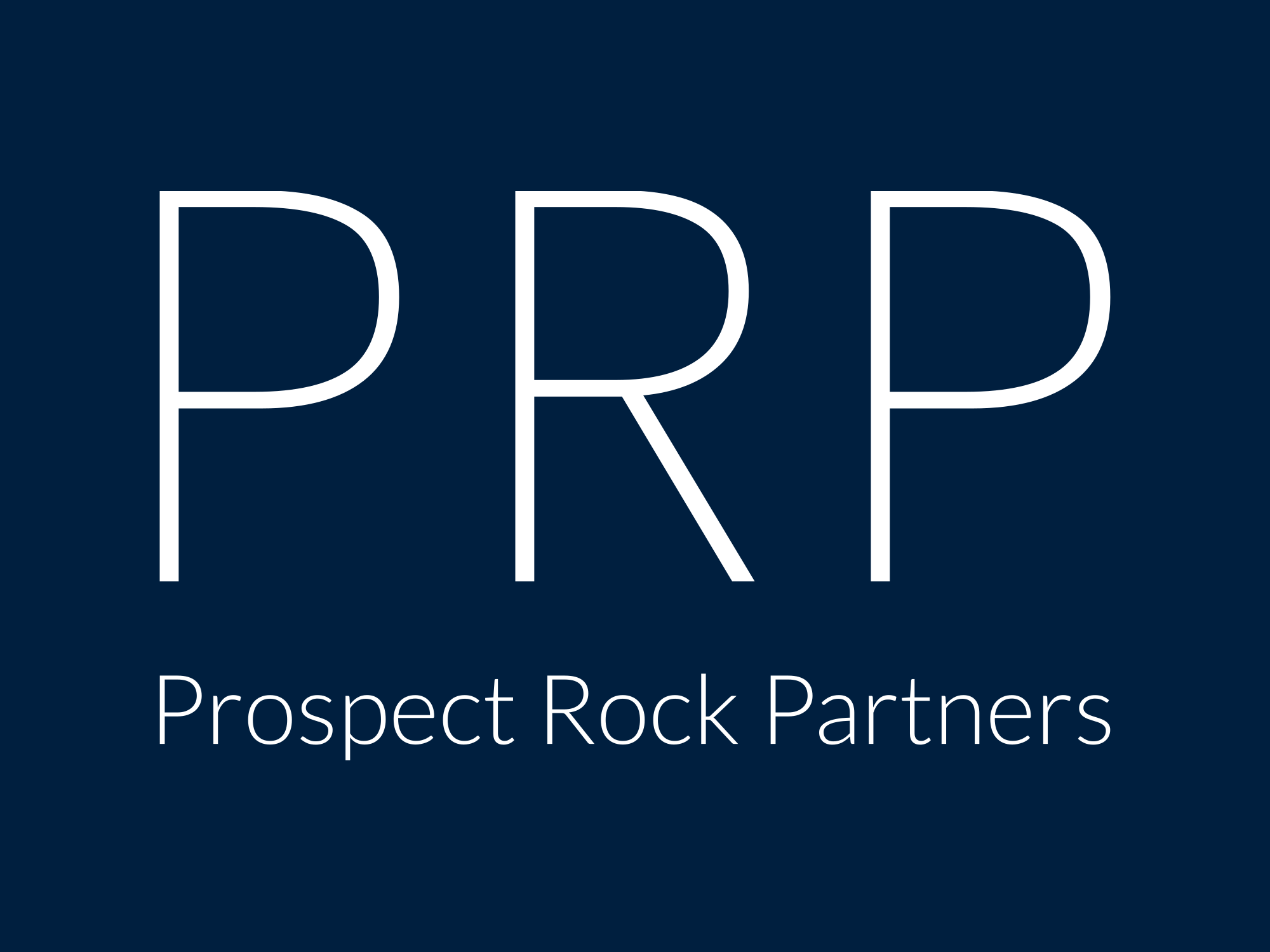The job landscape has been nothing short of tumultuous in recent times. From pandemic-induced layoffs and remote work to the wave of the Great Resignation, followed closely by the Job Hopper era, it’s been a wild ride. The ripple effects include businesses racing to recruit and then striving to retain employees, as the retained ones lean towards “quiet quitting”. Now, with economic deceleration and rising inflation, whispers of a potential recession are growing louder.
Evan Sohn, dubs this phase the “Great Hesitation” while speaking on CNBC. He elaborates, “Companies are on the fence. They’re hesitant about hiring and firing. After investing significantly in recruitment, they’re now deliberating – layoff now or wait a few months to gauge the market pulse?”
The rollercoaster nature of the job market is evident in the recruiter sentiment score of 3.5/5. This score reflects recruiters’ perception of the job climate, where a score of one signifies a sluggish market and five suggests a thriving one. Despite the challenges, recruiters maintain that job mobility isn’t waning. “Candidates are still in the driving seat. They’re determining the roles they want, and this trend doesn’t show signs of slowing.”
The heightened job mobility can be attributed to the ease with which potential hires can apply and interview remotely. However, persistent layoffs can nudge the remaining workforce to explore new opportunities. If your company missed out on stellar talent recently, the anticipated recession might just provide another shot at it.
Capitalizing on a Recession to Secure Exceptional Talent
Recessions are temporary. If you’re confident about your business weathering the storm, now might be an opportune time to scout for talent. In a bid to cut costs, many banks might be compelled to let go of their seasoned professionals. With most companies tightening their belts, the competition for acquiring top-notch talent will likely decrease. This offers savvy businesses a golden chance to emerge stronger post-recession and gain an edge over rivals.
Recruiting during Economic Downturns
Drawing from the past, especially the Great Recession of 2008, can be instructive. While the economic slump lasted 18 months, job recovery took significantly longer. Yet, a recession might just be your golden window to secure top-tier talent, provided you arm yourself with effective recruitment strategies.
Research spanning three previous recessions found a mere 9% of companies emerged stronger, largely owing to their “progressive focus”. These businesses made calibrated decisions – retaining key personnel while also onboarding fresh talent that propelled them forward.
As other companies impose hiring freezes, be prepared for an influx of applications if you’re among the few recruiting. An effective talent acquisition team becomes crucial to meticulously sift through candidates. Budget constraints might not allow for an in-house recruiter, but monthly-contract-based external recruiters can be a viable alternative.
Strategize layoffs if they’re unavoidable, keeping the long-term picture in mind. It’s pivotal to prioritize roles critical to your business and aim to retain those employees. Rash layoffs can dent morale, tarnish your employer brand, and set you back in the future.
Hiring with Precision
Navigating recruitment during a recession demands prudence. A hiring misstep can cost between $17,000 to $240,000, based on the role and situation – a blow most companies can ill afford during an economic slump. Fortunately, a larger candidate pool can enhance the chances of identifying the right fit. It might be prudent to introduce an additional interview or assessment round given the less competitive market. Collaborative hiring, involving team members familiar with the job, can further fine-tune the process.
Nurturing Existing Talent
With the hiring focus, don’t neglect existing employees. Economic uncertainties can make them anxious about job security, potentially pushing them to seek alternate opportunities. Safeguarding your current talent pool prevents added recruitment expenses and avoids potential drops in productivity.
Anonymous surveys can be an effective gauge of employee sentiments. Recent data points towards inadequate compensation and poor management as primary reasons for employees jumping ship. Addressing these concerns can considerably boost employee retention.
Markets Can Turn Quickly
Lastly, markets can turn quickly. Very quickly. Be prepared. The market will not stay this frothy forever.
If the idea of leveraging this recession to bolster your talent pool appeals to you, don’t hesitate to reach out to me at meridith@prospectrockpartners.com for more insights.









